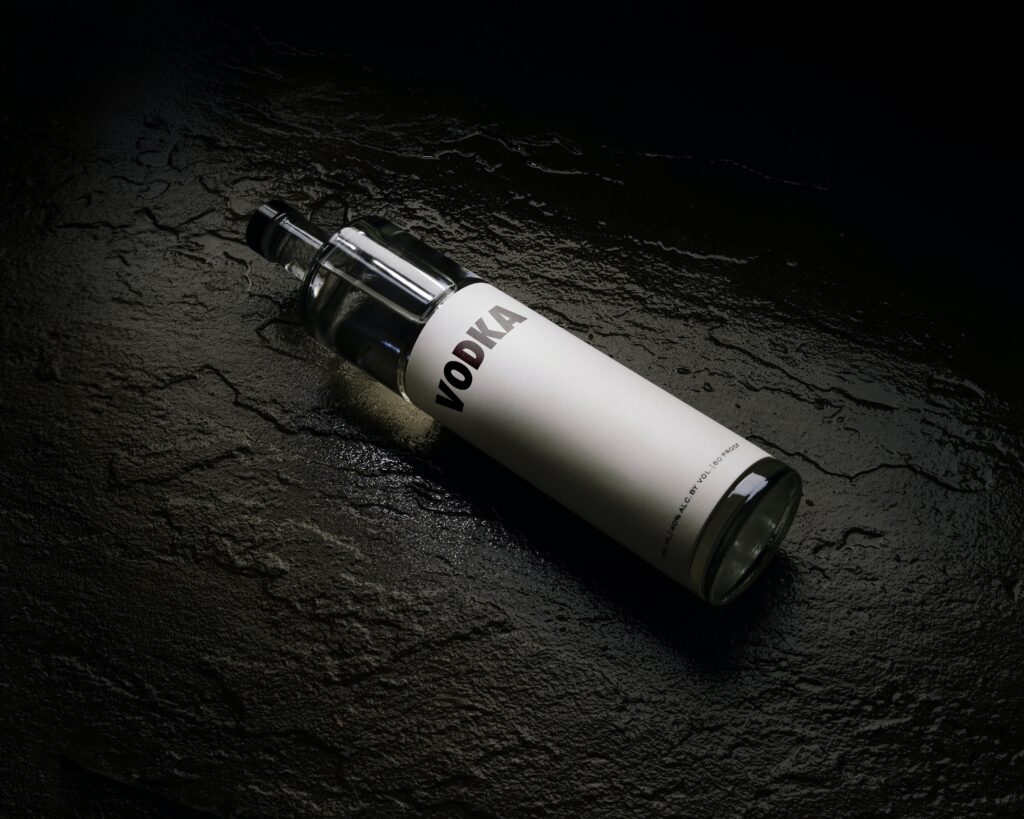In a significant development today, the United States and the European Union have reached an agreement to drop tariffs on most alcoholic beverages for a period of five years. The longstanding trade dispute between the two parties, which arose from subsidies to Boeing and Airbus, will be put on hold, providing relief for the alcohol industry. However, it’s important to note that American whiskey continues to be excluded from this agreement due to ongoing trade disputes over steel and aluminum. Despite this, the agreement is a positive sign for the industry, allowing for the removal of tariffs on various alcoholic beverages like French wines, Irish whiskies, and spirits from the United States. This move has been welcomed by industry groups who see it as crucial to supporting the recovery of restaurants, bars, and craft distilleries, particularly in the wake of the pandemic. With talks of a resolution to the American whiskey tariffs on the horizon, there is a glimmer of hope for its inclusion in future agreements and a more comprehensive resolution to these trade disputes.

Overview of the Agreement
The U.S. and E.U. have reached an agreement to suspend tariffs on most alcoholic beverages for a period of five years, providing relief to the alcoholic beverage industry. This agreement is a result of a 16-year trade dispute between the two parties over subsidies to Boeing and Airbus. While the agreement is a positive development, it does not provide relief to all sectors of the industry, particularly American whiskey, which is still subject to a separate 25% tariff.
The tariff suspension will be in effect for five years, providing stability for the industry during this period. This will allow businesses in the industry to plan and invest without the uncertainty of tariffs.
Key Alcoholic Beverages Affected
Under the agreement, a wide range of alcoholic beverages will be affected. French wines, Irish whiskies, Scotch whiskies, liqueurs, American rum, brandy, vodka, vermouth, and American whiskey are among the key products that will benefit from the tariff suspension. This will create opportunities for producers and importers of these beverages to expand their market access and increase their sales.

Impact on the U.S. Hospitality Industry
The U.S. hospitality industry has expressed its appreciation for the agreement, as it will provide relief to businesses that have been hit hard by the pandemic. The suspension of tariffs on alcoholic beverages will lift the tariff burden from restaurants, bars, and craft distilleries, allowing them to recover and thrive.
Implications for American Whiskey
Despite the positive impact of the agreement on the alcoholic beverage industry, American whiskey is still subject to a separate 25% tariff. Industry groups have called for the removal of tariffs on American whiskey, highlighting the negative impact it has on producers and consumers. There is hope that the ongoing discussions between the U.S. and E.U. regarding steel and aluminum tariffs will lead to a resolution that addresses the issue of American whiskey tariffs.

Relief for European Producers
European producers of spirits, such as rum, brandy, vodka, and vermouth, will benefit from the tariff suspension. The lifting of tariffs on European spirits will create new opportunities for these producers to expand their exports to the U.S. market. Industry groups in Europe have responded positively to the agreement, welcoming the relief it provides to their businesses.
Remaining Challenges
While the agreement brings significant benefits to the alcoholic beverage industry, there are still challenges that need to be addressed. The U.K. is still awaiting its own deal, as it is no longer a member of the E.U. Additionally, there is an ongoing dispute over steel and aluminum tariffs between the U.S. and E.U., which impacts American whiskey tariffs. These challenges need to be resolved in order to fully support the growth and recovery of the industry.
Prospects for U.K.’s Deal
The U.K. is hoping to have a similar agreement in place with the U.S. and E.U. within days. This would provide relief to the U.K. alcoholic beverage industry and strengthen its trade relationship with the U.S. The U.K.’s deal will be compared to the U.S.-E.U. agreement to ensure fairness and equality.
Addressing Steel and Aluminum Tariffs
The U.S. and E.U. have committed to engaging in discussions to resolve the differences regarding steel and aluminum tariffs before the end of the year. This is a significant step towards resolving the ongoing trade dispute and providing relief to sectors, such as American whiskey, that are affected by retaliatory tariffs. The resolution of these differences will have a positive impact on American whiskey tariffs and create a more stable trade environment for the industry.
Industry Responses
Industry groups have responded positively to the agreement, expressing their appreciation for the Biden administration’s work in resetting trade relationships. The relief provided by the suspension of tariffs will support the recovery of restaurants, bars, and small craft distilleries that were forced to shut down during the pandemic. There is widespread support for the recovery of businesses in the industry and a recognition of the importance of a stable trade environment for growth and success.
Focus on American Whiskey
The American Distilled Spirits Alliance has called for the removal of tariffs on American whiskey, as it continues to impact both producers and consumers. The ongoing discussions between the U.S. and E.U. regarding steel and aluminum tariffs present an opportunity for the resolution of this issue. The potential relief in the future for American whiskey tariffs would be significant for the industry and contribute to its growth and recovery.
In conclusion, the U.S. and E.U. agreement to suspend tariffs on most alcoholic beverages for a five-year period provides relief and opportunities for the alcoholic beverage industry. While challenges remain, such as the separate tariff on American whiskey and the ongoing steel and aluminum dispute, there is optimism that these issues will be addressed. The industry has responded positively to the agreement and is appreciative of the support provided by the Biden administration. The focus is now on the growth, recovery, and stability of the industry.
